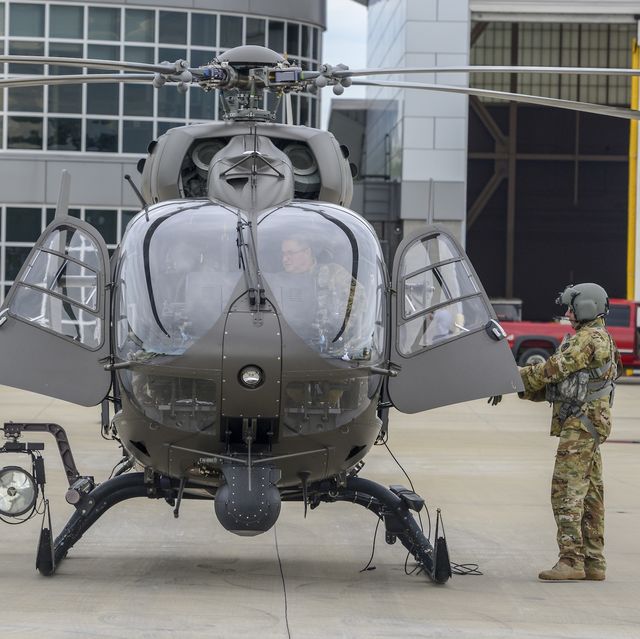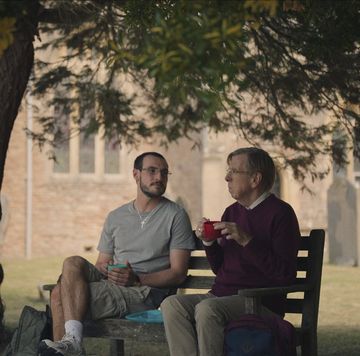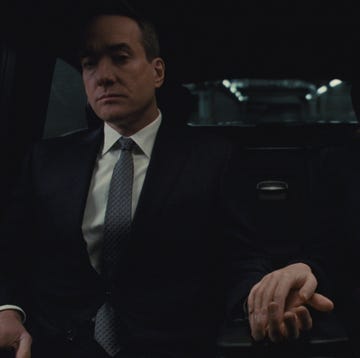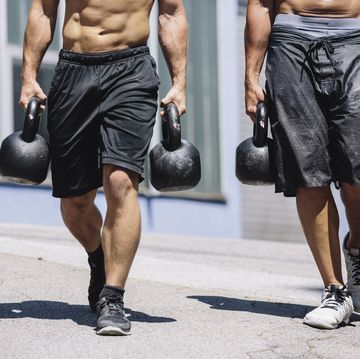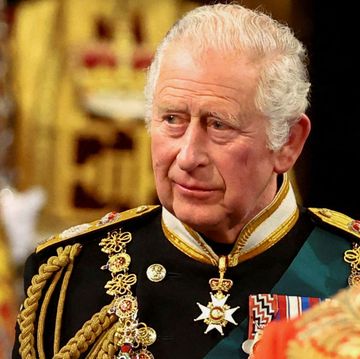It turns out that the whole posse comitatus business is a better idea even that it looked at the time. Not only does it keep the military from exercising police powers within the borders of the United States, it also keeps the military from getting thrown into law-enforcement duties for which it is not trained and to which it is barely suited.
The Army Times has a breakthrough piece of reporting about what an absolute, five-alarm fiasco the deployment of National Guard troops at the southern border has been.
• When troops weren’t on duty, most were at hotels in remote locations. Alcohol and drug abuse became so widespread that senior leaders issued breathalyzers and instituted alcohol restrictions that tightened as the misconduct incidents piled up.
• Leaders initiated more than 1,200 legal actions, including nonjudicial punishments, property loss investigations, Army Regulation 15-6 investigations and more. That’s nearly one legal action for every three soldiers. At least 16 soldiers from the mission were arrested or confined for charges including drugs, sexual assault and manslaughter. During the same time period, only three soldiers in Kuwait, a comparable deployment locale with more soldiers, were arraigned for court-martial.
• Troops at the border had more than three times as many car accidents over the past year — at least 500 incidents totaling roughly $630,000 in damages — than the 147 “illegal substance seizures” they reported assisting.
• One cavalry troop from Louisiana was temporarily disbanded due to misconduct and command climate issues — an extremely rare occurrence.
• A 1,000-soldier battalion-level task force based in McAllen, Texas, had three soldiers die during the border deployment. For comparison, only three Army Guard troops died on overseas deployments in 2021, out of tens of thousands…“We are literally the biggest threat to ourselves down here,” said one staff officer.
The whole mission has been a mess from jump. The Guard was deployed to the border in 2018 by the former president* as a response to an alleged “caravan” of immigrants from Central America. The logistical support collapsed almost immediately. Troops were sent out to the desert at night without night-vision equipment. Some of them were sent to posts where there were no migrants at all. Some fell asleep on the job. In addition, in their off hours, the Guard troops were deployed overseas without ever leaving the country.
Many of the Guard troops live in hotels in remote areas along the border, with few opportunities for recreation. They’re not allowed to have personal vehicles, and they’re not permitted to have unauthorized guests in their hotels, according to policy documents reviewed by Army Times.
For months, TF Phoenix was docking per diem money from soldiers who took leave or a pass outside of the border region and returned to their homes, according to multiple sources. The practice continued until the U.S. Army North inspector general found it was against regulations, said two sources with knowledge of the complaint. “Per diem ranges from [$54 to $71] a day,” explained one staff officer. “So, if a [soldier] wanted to take some time off, [they] essentially had to pay up to $284 for a four-day pass to do so.” The conditions may have contributed to mental health issues for some soldiers. TF Phoenix reported at least 34 cases of “suicidal ideation” during its year at the border.
Alcohol abuse has been rampant, and also, from time to time, fatal. (One Guardsman was crossing a street in McAllan, Texas when he was hit “by multiple cars.” Another soldier died in a government pickup when her sockless colleague at the wheel took out a couple of telephone poles.) And then there are the drugs.
The most notable incident occurred in September when an on-duty soldier from the Alabama National Guard allegedly tried to pick up a kilogram of cocaine to transport to a McAllen hotel that housed fellow soldiers. According to federal court records, Spc. Derrick Sankey arrived at a Whataburger in Hidalgo, Texas, wearing his uniform and driving a marked CBP pickup truck. Undercover Homeland Security Investigations agents arrested him as soon as he accepted the cocaine from them.
They don’t belong there, doing a job they have no business trying to do. Using the military for law enforcement guarantees that, at one point or another, you’re going to wind up with the South Vietnamese army circa 1971. This is a house that needs cleaning, and you don’t need night vision goggles to see that.

Charles P Pierce is the author of four books, most recently Idiot America, and has been a working journalist since 1976. He lives near Boston and has three children.
